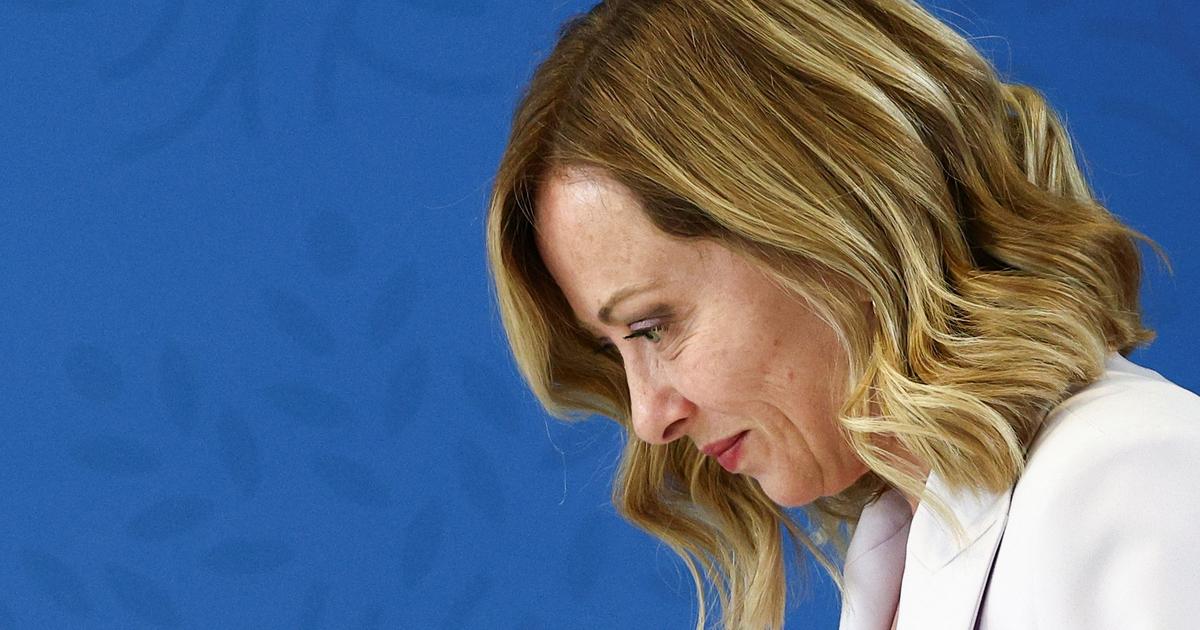The Peace Summit in Ukraine, beginning this Saturday, aims to take its first steps towards peace amidst the backdrop of continued conflict and geopolitical tensions. Attended by 90 countries, the summit, centered around Ukrainian President Volodymyr Zelensky, underscores the international community's commitment to a 'just peace' even as it grapples with the absence of key players Russia and China.
Italian Prime Minister Giorgia Meloni dismissed Russian President Vladimir Putin's proposals for peace in Ukraine as 'propaganda.' 'It does not seem particularly effective to me, as a negotiation proposal, to tell Ukraine that it must withdraw from Ukraine,' Meloni quipped during the closing press conference of the recent G7 summit held in Italy.
Vladimir Putin set specific conditions for talks, demanding Ukraine abandon its NATO ambitions and withdraw its forces from the regions of Donetsk, Lugansk, Kherson, and Zaporizhia. These conditions were firmly rejected by Kyiv and widely seen as reinforcing Russia's aggressive stance rather than genuine overtures for peace.
In contrast, Zelensky expressed his hope for achieving 'a just peace as quickly as possible' at the start of the summit, emphasizing the collaborative effort required to restore peace. He stated, 'Together we are taking the first step towards a just peace,' asserting the global community's strength against Putin's demands.
Earlier today, US Vice President Kamala Harris announced over $1.5 billion in aid for Ukraine, supporting its energy sector, humanitarian assistance, and civil security. This package includes $500 million for energy assistance and $324 million from USAID for urgent energy needs. Additionally, $379 million will be allocated for humanitarian aid and $300 million for Ukrainian civil security.
The summit in Switzerland, following the G7 summit, will focus on food safety, humanitarian issues such as prisoner exchanges, and nuclear safety concerns at the Zaporizhia nuclear power plant. Despite Putin's pre-summit demands, Ukraine's position remains steadfast, rejecting territorial concessions and NATO withdrawal.
German Chancellor Olaf Scholz and US Vice President Kamala Harris are among the key attendees of this summit. Scholz's efforts to engage Russia and its allies in the peace talks have so far been fruitless. Despite these diplomatic challenges, the global community remains committed to finding a resolution.
Ukraine's steadfast rejection of Putin's terms was echoed by various international leaders. Zelensky compared Putin's tactics to those of Adolf Hitler, emphasizing the historical parallel of territorial demands leading to broader conflict. Ukrainian officials have reiterated that these proposals are not genuine peace offers but strategic maneuvers by Russia.
- The Ukrainian conflict remains a critical focus of international diplomacy, with notable figures like Chancellor Olaf Scholz and Vice President Kamala Harris playing pivotal roles. Their participation underscores the importance of coordinated international efforts to resolve the conflict.
- Despite the absence of Russia and China at the summit, the presence of nearly 100 participating countries symbolizes widespread global support for Ukraine. This broad coalition reflects an international consensus on the need for a just and lasting peace.
- Germany's recent actions regarding the EU sanctions package highlight the complex interplay of national and international interests in addressing the conflict. The withheld agreement on the 14th sanctions package underscores the ongoing negotiations and the balance of economic and political pressures within the EU.
- The summit's focus on practical issues, such as food safety and nuclear security, reflects the urgent humanitarian and environmental aspects of the conflict. This pragmatic approach aims to address immediate concerns while laying the groundwork for broader peace negotiations.






